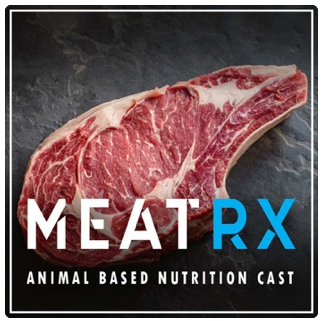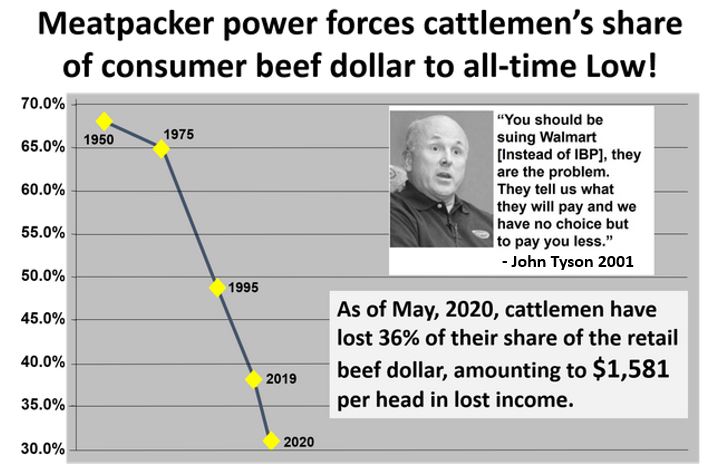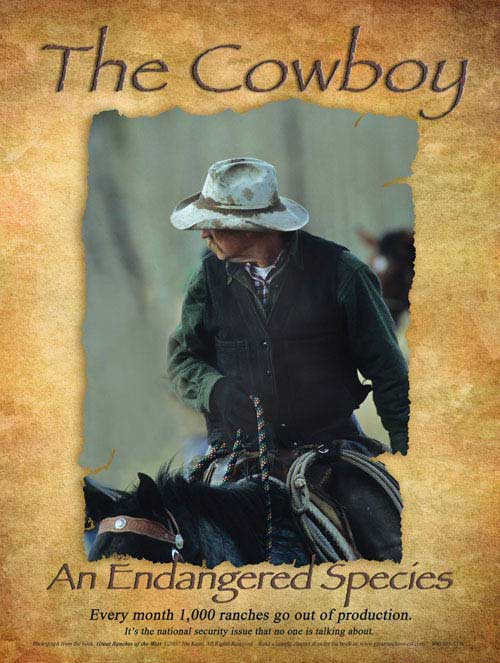
July 20, 2020
By Gilles Stockton
Just who is it that is living in “fantasy land,” the Democrats in the House Climate Crisis Committee or Representative Kelly Armstrong of North Dakota? Let us put aside the politically charged term “climate change” and instead talk about “climate instability.” If you have not noticed that the weather is increasingly unpredictable than you are not in production agriculture. What to do about it – that is the tough question?
As suggested in the article Correcting the Climate Crisis – Part II: Taking out a Mortgage in Fantasy Land (WAR July 16, 2020), I read the offending House Committee report and found a lot of good intentions, some of which are naïve. What should be preferred, the opportunity to discuss what needs fixing or just more top-down control by Big Meat, Big Grain, Big Ag, and Too Big to Fail Banks? We know that things are not as they should be in agriculture. Will denial change anything?
“This past spring, we have certainly experienced how much the beef packing cartel values the people who calve out the cows and cut up the meat.”
Congressman Armstrong is quoted as saying: “We have some of the best and most successful ag producers all across the country running on razor-thin margins.” Which, if we are laying all of our cards on the table, we should add that this success depends upon government handouts and subsidies. “Successful” is a deceptive term – “survivor” is more accurate. If you have survived in production agriculture then by definition you are successful.
“Razor-thin margin” is the important clause in Rep Armstrong’s statement. Are we to be proud to have survived on razor-thin margins, given that our communities are blowing away like tumbleweeds and our children are scattered all over the nation? That does not look like the definition of success to me. This past spring, we have certainly experienced how much the beef packing cartel values the people who calve out the cows and cut up the meat. So, what kind of allegiance should we owe JBS, Tyson, and Cargill?
The most exciting thing that is happening in agriculture today is the “local foods” movement and the discussion that has been created between producers and consumers. Granted, this is currently a niche with room for just a few. The bulk of production agriculture remains tied to the industrial controlled market. But, to steal a line from Poet Lariat Wally McCrae, this is a discussion about “things of intrinsic worth.” If this country’s farms, ranches, and bountiful food are to survive in an era of climatic uncertainty, it is an important discussion to have.
“In finance, the intrinsic value or fundamental value is the ‘true, inherent, and essential value’ of an assett independent of its market value.”
We can just all retreat into our political biases, as Rep Armstrong would like, and blame environmentalists and for some inexplicable reason Representative Alexandra Ocasio-Cortez of New York for inflicting costly regulations on our heads. However, as vexing as regulations and environmentalists can be, they have never cost me as much money as has the beef packing cartel. Then too, I must admit, that burdensome regulations are nearly non-existent if you don’t sign up for the government checks.
But how many of us have survived because of CRP payments? Pipelines to water tanks in remote pastures have been welcome. Cost-sharing on irrigation infrastructure hasn’t hurt either. Is Rep Armstrong saying that feedlots and confinement hog facilities should be allowed to let their manure run into the rivers? Do we really want to see thousands of dead hogs floating downstream following the next hurricane? Should fields in flood plains be planted right up to the water’s edge because requiring a buffer zone is too burdensome?
There are “things of intrinsic worth” and we should take inventory of just where we are. If we, as farmers and ranchers choose to stay tied to the market dictates of industrialized Big Ag, then survival will continue to be the measure of success. Our communities, our land, and the consumers of food, will they also succeed or just merely survive?
Gilles Stockton, Grass Range, Montana

















